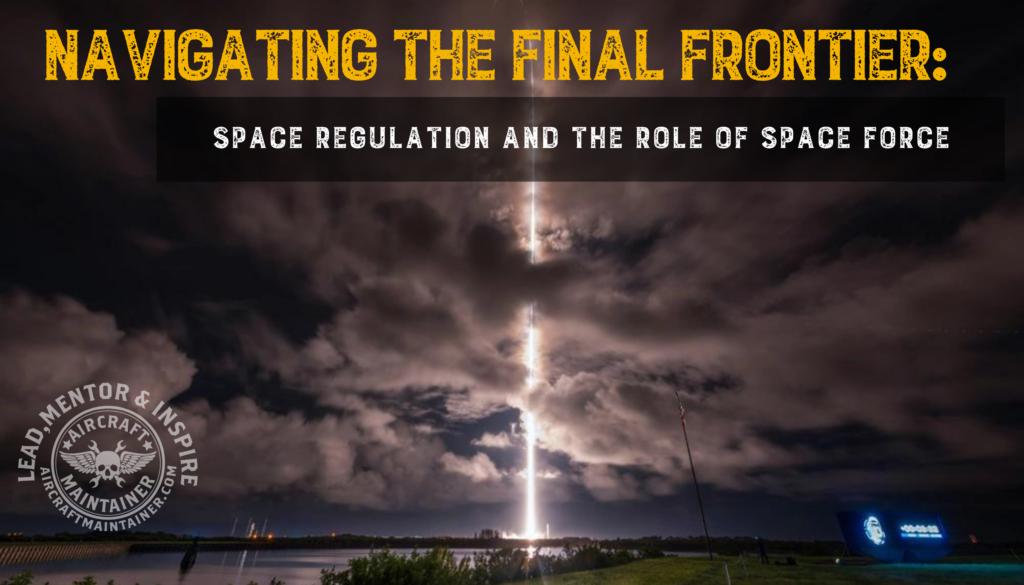Uncategorized
Navigating the Final Frontier: Space Regulation and the Role of Space Force
Rules in Space?
In December 2022, the United Nations engaged in a crucial discussion about the future of space regulation. Among the various topics on the agenda was a significant proposal: urging nations to refrain from conducting destructive, direct-ascent antisatellite missile tests. The reason behind this call was the growing concern about the proliferation of space debris. Apparently, it poses a substantial risk to the peaceful use of outer space. The United States lent its support to this resolution. Government leaders recognized the importance of responsible space practices. However, it’s worth noting that nine countries opposed the proposal.
International Diplomacy
Opposition to such a proposal doesn’t necessarily indicate a desire for chaos in space. Instead, it reflects the complexities of international diplomacy and the diverse interests at play in space activities. In the world of international relations, formal votes are not the only way to advance common goals. Alternative methods of consensus-building and negotiation can be just as effective in crafting a way forward.
One thing is undeniably clear: as the space environment becomes more congested with satellites, space stations, and other infrastructure, the need for internationally recognized rules and norms becomes increasingly urgent. Space is no longer the exclusive domain of superpowers. Countries like China and Russia are closely trailing the United states in terms of space capabilities, while an array of other nations are eager to join the ranks of spacefaring countries.
Sea, Air, Land… and now Space?
The necessity of space norms parallels our existing norms. We have regulations for activities at sea, underwater, in the air, and on land. These established procedures are in place not only to prevent collisions and communication breakdowns but also to distinguish between actions that are benign and those that are hostile or intended to provoke a conflict.
Science Fiction Becomes Reality
Enter Space Force, a novel branch of the U.S. military with a specific mandate to safeguard American satellites and interests in Earth’s orbit. While the concept of a “Space Force” may seem like something out of science fiction, it is a pragmatic response to the reality that space now plays a pivotal role in our daily lives. Our reliance on satellites for communication and online capabilities is profound. Other nations are moving swiftly in the same direction. Space Force represents the United States’ proactive strategy to protect its assets in space. Ideally, it will establish a framework for peaceful cooperation as more countries venture into the cosmos.
The evolution of space, as well as the formulation of rules and regulations, promises to be a captivating narrative in the coming years. The global use of space appears to be an inexorable trend, and by setting clear expectations now, we can prevent confusion and potential conflicts in the future.

